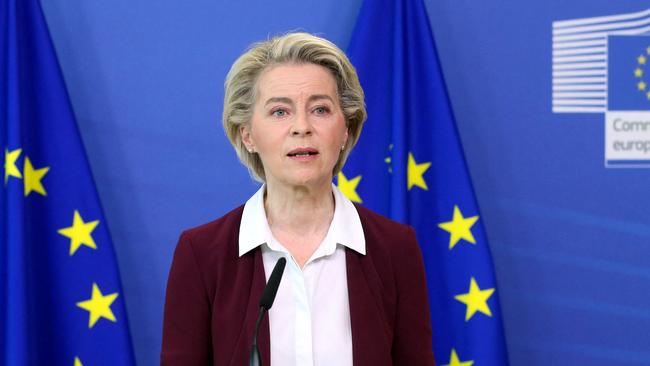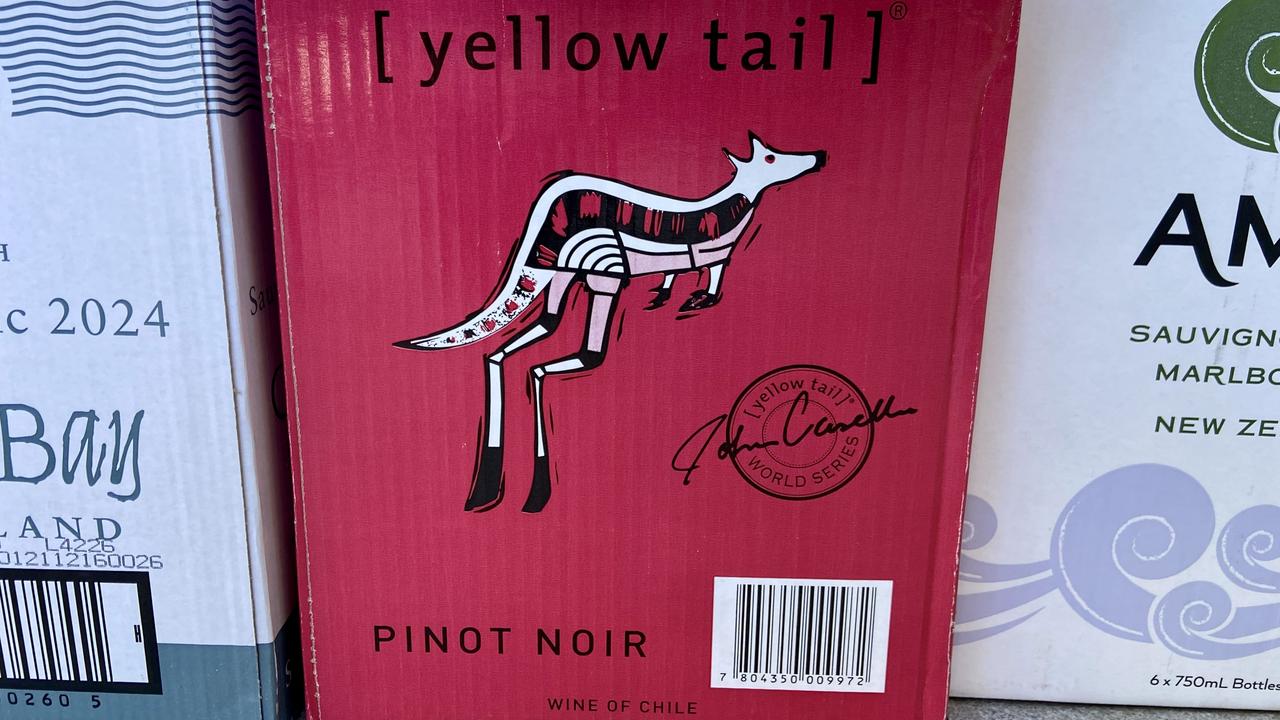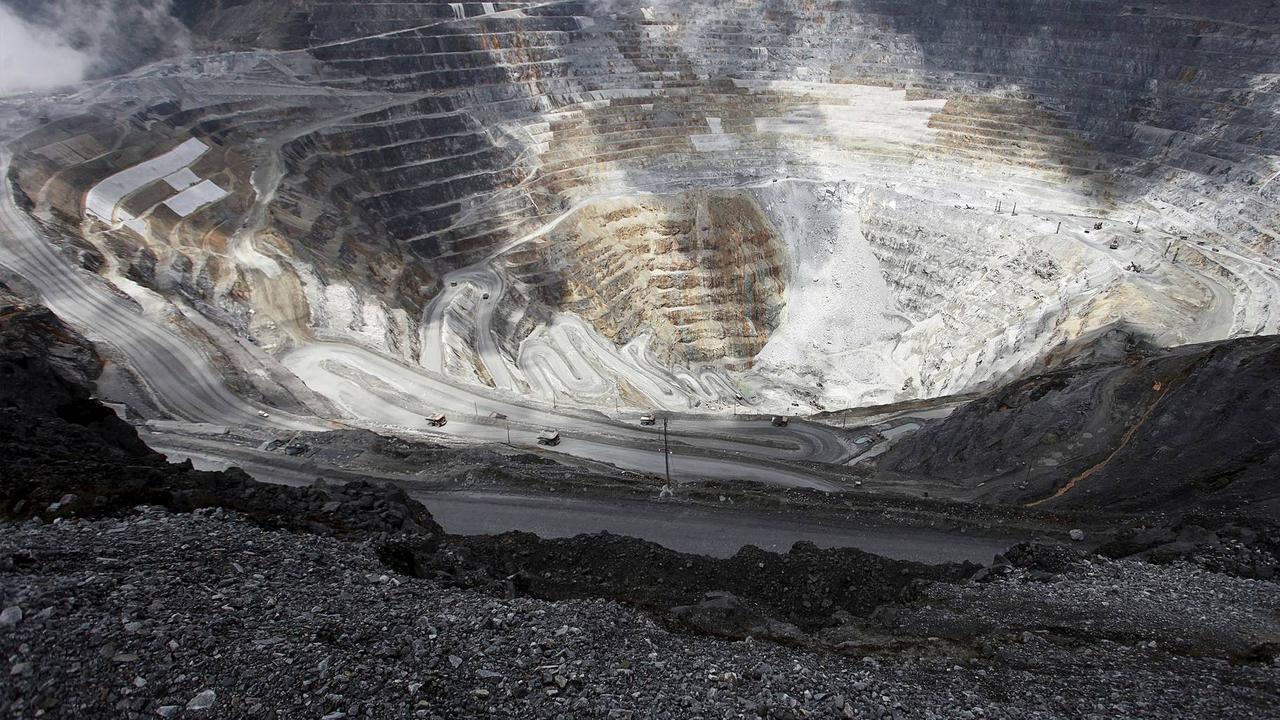Delta puts brakes on return to normal
Nations across the globe hit new pandemic highs and reimposed Covid-19 restrictions.

Nations across the globe hit new pandemic highs and reimposed Covid-19 restrictions at the weekend as G20 finance ministers meeting in Venice warned the economic recovery was threatened by variants and uneven vaccination campaigns.
The highly transmissible Delta variant is sweeping the world as countries race to inoculate their populations to ward off fresh outbreaks and allow for economies and daily life to resume.
“The recovery is characterised by great divergences across and within countries and remains exposed to downside risks, in particular the spread of new variants of the Covid-19 virus and different paces of vaccination,” the G20 said in a final statement.
The EU, lambasted early on in the pandemic response for a botched vaccine acquisition program, said on Sunday AEST that it had delivered enough shots to cover 70 per cent of the bloc’s population. “By tomorrow, some 500 million doses will have been distributed to all regions of Europe,” EU Commission president Ursula von der Leyen said.
But according to the European Centre for Disease Prevention and Control, the proportion of adults aged 18 or over fully vaccinated in the EU is still only 44.1 per cent.
A rapid increase in infections in young people over the past few weeks has forced Spain, Portugal and The Netherlands to reintroduce restrictions such as limiting restaurants’ capacity and opening hours, closing nightclubs and bringing back a night curfew.
After an “exponential” rise in cases in recent days, officials in the autonomous northeastern Spanish region of Catalonia said they had no choice but to reimpose restrictions.
Nightclubs will close and a negative Covid-19 test or proof of vaccination will be needed to take part in outdoor activities involving more than 500 people.
“The pandemic has not ended, the new variants are very contagious and we still have significant segments of the population that are not vaccinated,” said Patricia Plaja, a spokeswoman for the regional government.
London police warned football fans not to gather in large numbers for Sunday’s Euro 2020 football final at Wembley, adding that they would enforce “proportionately and as appropriate” nationwide virus restrictions not set to be lifted until next Monday.
Vaccine supply shortages in South Korea have meant only about 11 per cent of the country’s 52 million population is fully vaccinated, according to health authorities.
The nation, held up as a model of how to combat the pandemic, reported 1378 new coronavirus cases on Saturday, a third straight record high.
From Monday, gatherings of more than two people will be banned after 6pm, schools, bars and clubs will be closed.
In Pakistan, where less than 8 per cent of the population has been vaccinated, the government said only those who had received jabs would be allowed to fly.
The country of about 215 million people has largely escaped the worst of the pandemic, with under a million recorded infections and about 23,000 deaths – although cases are on the rise again.
Russia also announced on Saturday that cases continued to surge and it had a record number of daily deaths, the fifth since the beginning of the month.
The 752 new deaths took Russia’s total toll past 142,000. It also recorded 25,082 new infections, meaning there have been more than 5.7 million cases.
State statistics agency Rosstat, which defines coronavirus-related deaths more broadly, put the figure at 270,000 by the end of April.
Fewer than 20 per cent of Russians have received a single dose, despite shots of locally developed vaccines being readily available.
Despite the rising infections and deaths, 54 per cent of a deeply sceptical Russian public do not plan to get vaccinated, according to a survey by the independent Levada-Centre published last week.
While vaccines have been successful in mitigating the worst effects of infections, concerns have been raised about how well some of them will cope with more virulent strains.
The rapid spread of the Delta variant across Asia, Africa and Latin America is exposing crucial vaccine supply shortages for some of the world’s poorest and most vulnerable populations.
Senegal, the EU, the US, several European governments and other partners, signed an accord in Dakar on Friday to finance vaccine production in the West African state.
Thailand will impose a 9pm-4am curfew on Bangkok and nine other provinces from Monday to stem a severe third wave of infections that kicked off in April.
Cuba approved its homegrown Abdala vaccine for emergency use, the first Latin American coronavirus jab to get the green light and a possible lifeline for a region trying to battle a killer pandemic with modest means.
AFP


